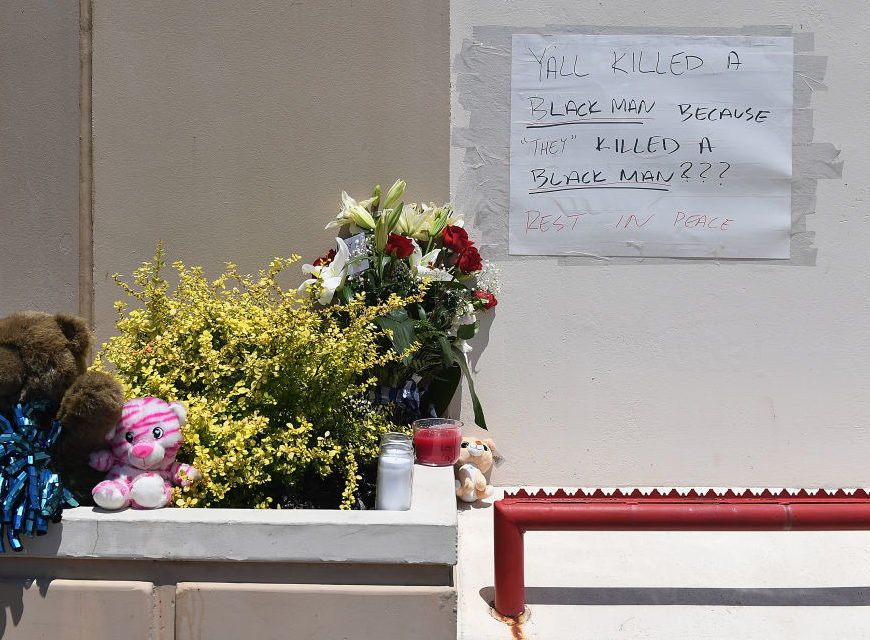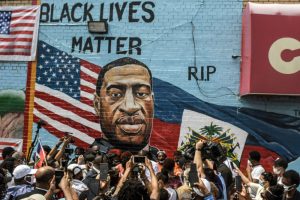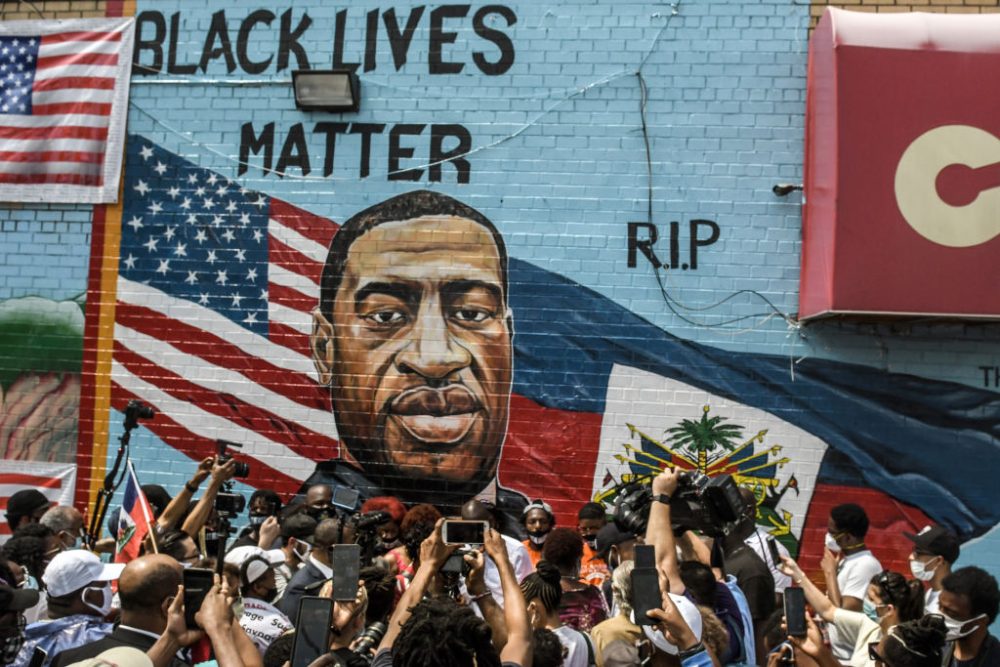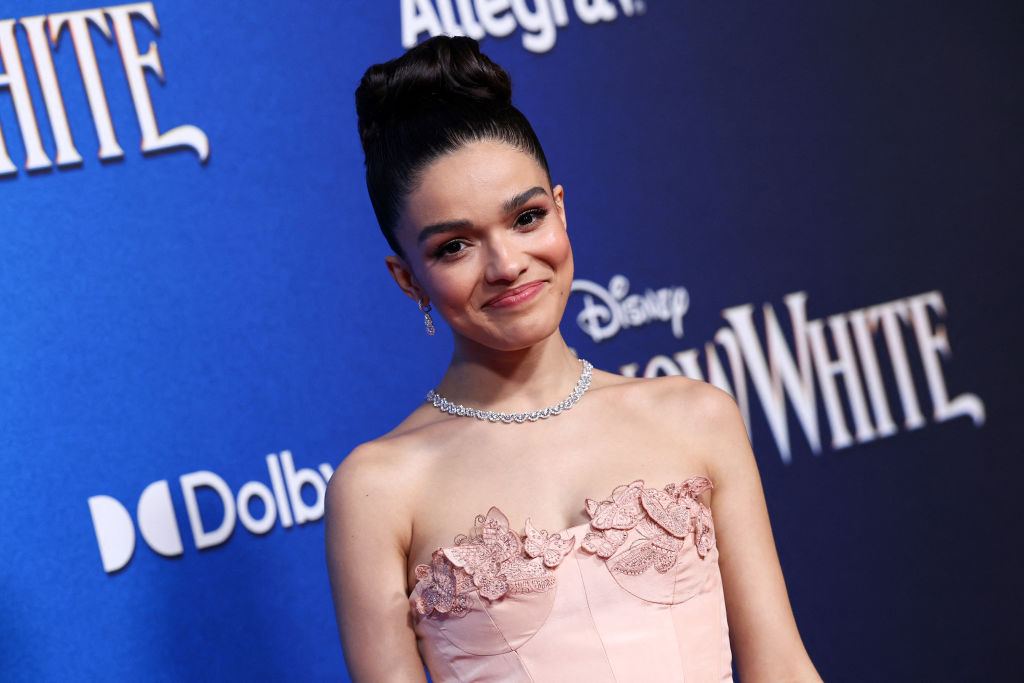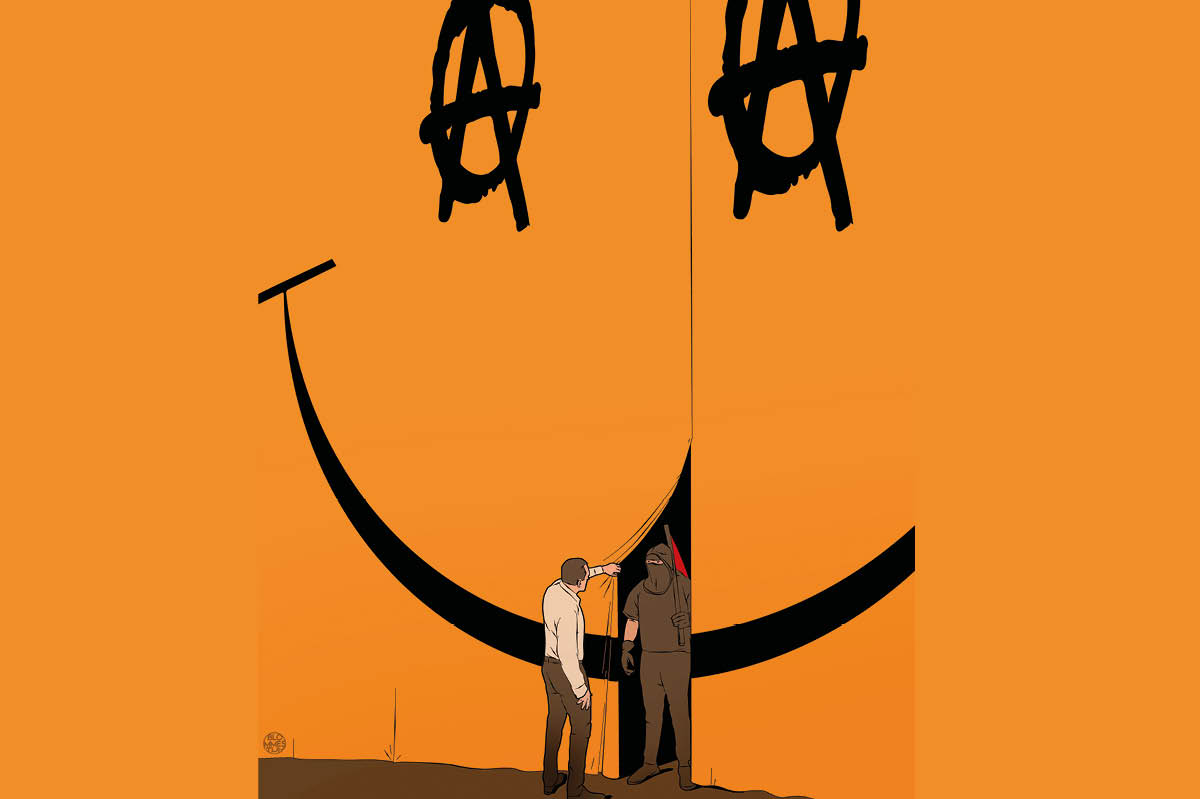There is practically universal agreement that George Floyd was unjustly killed by police officer Derek Chauvin and that his life mattered. Instagram filled up with black boxes from users participating in #BlackoutTuesday, a social media trend designed to mourn Floyd’s death and show support for people protesting in his name. Cockburn wishes he had known years ago how easy it is to prove he wasn’t racist, but alas any goodwill he’d gain from the gesture would likely dissipate by the end of this column.
You see, Cockburn is having a hard time figuring out which lives actually matter the eyes of the media. Certainly Floyd and Ahmaud Arbery, the jogger who was shot dead by white men who claimed they were attempting a citizen’s arrest, matter. They’ve been given the appropriate wall-to-wall coverage by the New York Times, CNN, NBC News and more. Meanwhile, black men who are killed by anti-cop avengers or the rioters and looters who hijacked the Floyd protests hardly get mentioned. We are not afforded the opportunity to grieve them on the same level.
David Dorn, for example, was a 77-year-old retired St Louis police chief who was shot and killed by looters while attempting to protect a local pawn shop. Dorn was not killed by police like Floyd, and to be sure police ought to be held to a higher standard because they exercise authority over the citizenry. But the hypocrisy of people demonstrating over the death of one black man choosing to take the life of another innocent black man cannot be ignored. Dorn’s life mattered too, but news outlets like CNN chose not to talk about him because condemning rioters and looters forces them to abandon their claims that the Floyd protests are largely peaceful.
Similarly, most of the media — with the exception of the Wall Street Journal — ignored the death of federal agent David Underwood. Underwood was killed Friday in Oakland, California while guarding a courthouse building. Authorities say he was likely targeted because he was an officer in uniform. Another black life snuffed out, this time one who had sworn an oath to uphold the rule of law for all Americans, regardless of race. Certainly his position as a law enforcement officer would in some small part help combat the systemic racism fellow black Americans say they face from police and the justice system.
***
Get a digital subscription to The Spectator.
Try a month free, then just $3.99 a month
***
Black Lives Matter activists argue that the people pointing to the deaths of Dorn and Underwood are merely trying to distract from the issue of police brutality. Cockburn doesn’t see it as a distraction, but a recognition that seeking vengeance can lead to poor outcomes. Those activists also say phrases like ‘All Lives Matter’ ignore the fact that black lives specifically do not seem to matter in the eyes of the police. This simplifies a very complex issue: it’s nearly impossible to quantify how much of an extrajudicial police killing is due to outward racism or implicit biases, as opposed to a power trip, or poor training, or the simple fact that police officers are statistically likelier to encounter black citizens in an official capacity.
A case from 2016 that was remarkably similar to Floyd’s shows the dangers of minimizing people of other races who have been killed unjustly by police. Tony Timpa, a white man, pleaded for help 30 times during his arrest, warning the officers they would kill him as they kept their knees pressed firmly into his back. After he stopped breathing, officers assumed he was asleep and waited minutes before calling an ambulance. Unlike Floyd, the video of Timpa’s arrest was not released until three years after his death and did not spark angry protests about police brutality. The officers walked away with written reprimands from their department.
The outrage over Floyd’s death is understandable and appropriate. However, all nuance is lost in the sea of riots, virtue-signaling, and anti-racism litmus tests. The result is a media and society that diminishes the deaths of individuals who don’t fit a certain political worldview.



